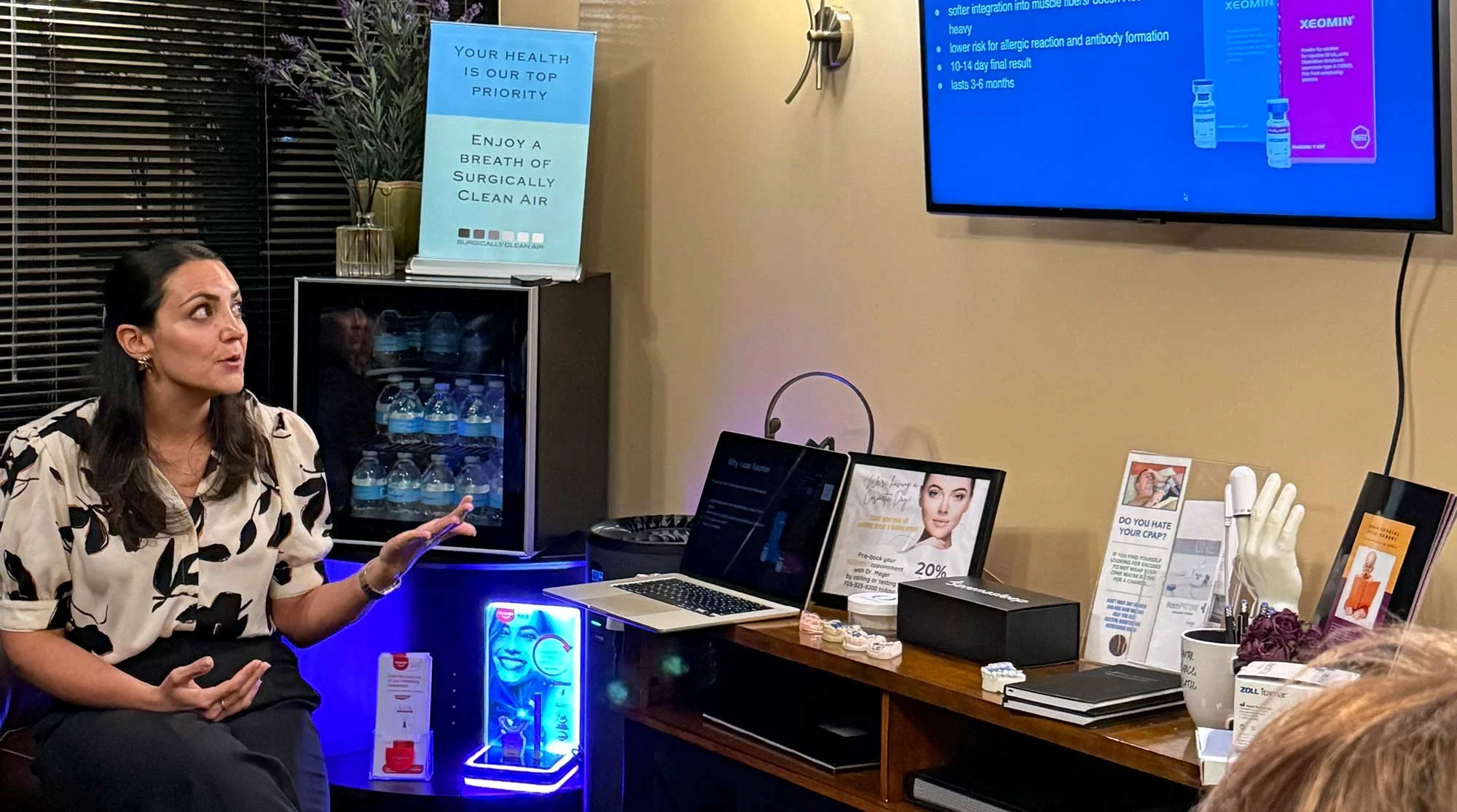beauty, balance, breathPatient Education
Cosmetic and Neuromuscular Dentistry in Burke, VA

Reach Out!
Experience the difference of dentistry designed for beauty, balance, and breath. To learn more about Dr. Pamela Marzban and our comprehensive cosmetic and restorative dentistry in Burke, Virginia, call 703-323-8200 today. We welcome patients from Fairfax, Fairfax Station, and across Northern Virginia seeking a truly holistic approach to oral health.
8996 Burke Lake Road
Suite #101
Burke, Virginia 22015
Existing Patients: 703-323-8200
New Patients: 703-782-4705










